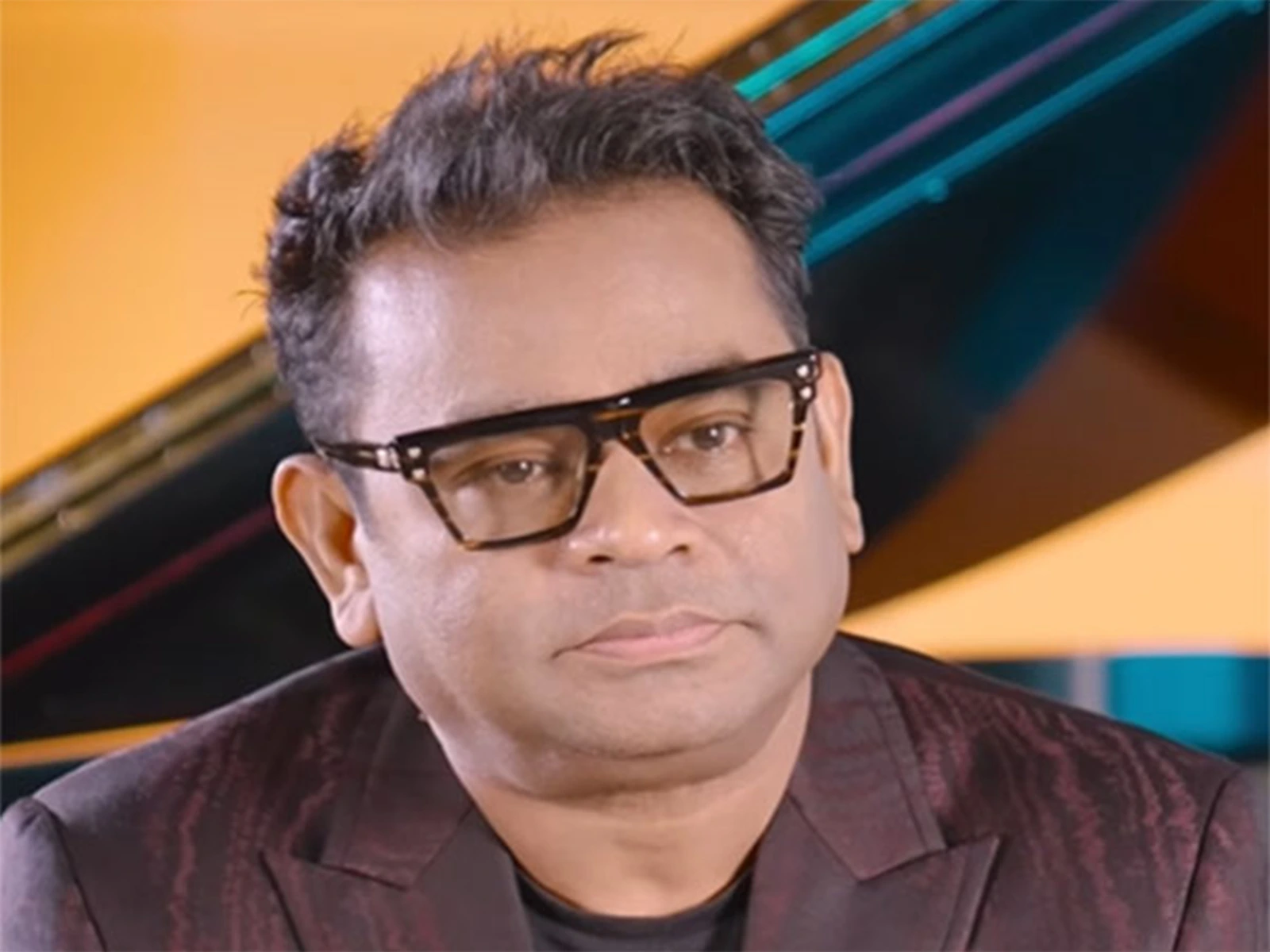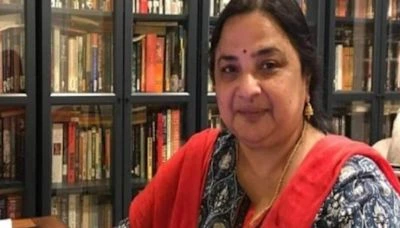24-SEP-2025, 12:00 PM AR Rahman in a copyright case concerning the song “Veera Raja Veera”. The decision marks a crucial moment in the ongoing debate over intellectual property rights in India’s music industry. Known globally for his pioneering compositions and Academy Award-winning works, AR Rahman now finds himself at the centre of a legal storm that has attracted widespread public and industry attention.
AR Rahman and the Copyright Dispute
AR Rahman : Background of the Case
The dispute revolves around “Veera Raja Veera”, a song featured in filmmaker Mani Ratnam’s acclaimed movie Ponniyin Selvan. The initial injunction against AR Rahman was sought by parties claiming that the composition bore similarities to an older work, thus raising issues of copyright infringement. The injunction had temporarily restricted the composer and associated production houses from freely using the track.
AR Rahman : Delhi High Court’s Intervention
By setting aside the injunction, the Delhi High Court has provided relief to AR Rahman and the filmmakers. The court emphasized that interim orders must not unduly interfere with artistic expression without conclusive evidence of infringement. This decision underscores the judiciary’s recognition of creative freedom and the complexity of copyright disputes in the entertainment industry.
The Legacy of AR Rahman in Indian Music
An Icon of Innovation
AR Rahman has been celebrated worldwide for blending Indian classical music with global influences, creating a unique soundscape that has transcended borders. With a career spanning over three decades, Rahman has given the industry iconic songs like “Jai Ho”, “Vande Mataram”, and “Roja”. His stature in the industry makes this case especially significant, as it brings attention to the fragile balance between creativity and copyright law.
Why This Case Matters for Rahman
For AR Rahman, this legal battle is not just about one song—it is about safeguarding the rights of creators and ensuring that artistic expression is not curtailed by unfounded claims. Given his influence in shaping India’s musical identity, the case has broader implications for musicians, lyricists, and composers across the country.
Legal Analysis of the Delhi HC’s Order
The Principle of Balance
The High Court’s decision reflects the principle of maintaining a balance between protecting intellectual property rights and avoiding stifling creativity. While copyright law exists to safeguard originality, the court highlighted that it cannot be misused to block artistic works without substantial grounds.
Precedents in Copyright Cases
Legal experts note that this case could serve as a precedent for future disputes involving renowned artists like AR Rahman. Courts in India have often struggled with balancing the interests of copyright holders with those of creators accused of infringement. This ruling may encourage a more cautious approach in granting injunctions in artistic matters.
AR Rahman’s Commitment to Originality
Addressing Allegations
Throughout his career, AR Rahman has been praised for his originality and ability to innovate. Industry insiders argue that the similarities between “Veera Raja Veera” and the allegedly infringed composition are minimal and coincidental, reflecting the broader cultural influences in Indian music rather than deliberate copying.
Upholding Artistic Integrity
Rahman’s supporters believe that cases like these threaten the morale of artists who work tirelessly to create original music. By clearing the injunction, the High Court has reaffirmed the principle that artists should not be penalized based on speculative or weak claims.
Industry Reactions to the Verdict
Relief Among Artists and Producers
The ruling has been welcomed by musicians, filmmakers, and producers who view it as a victory for creative freedom. Many industry figures have expressed relief that AR Rahman can continue to share his work without undue restrictions.
Public Sentiment
Fans of AR Rahman have also reacted strongly, celebrating the verdict on social media. Many believe that Rahman’s contribution to Indian and world music makes him an easy target for frivolous legal challenges, and this decision is a vindication of his integrity.
Copyright Challenges in India’s Music Industry
Growing Legal Disputes
The case highlights a growing trend of copyright disputes in India’s booming entertainment sector. As digital platforms expand the reach of music, accusations of plagiarism and copyright infringement have become more frequent.
The Need for Clearer Guidelines
Industry experts argue that the government and judiciary must establish clearer frameworks for resolving disputes. A fair, transparent process would protect both the rights of original creators and the freedom of artists like AR Rahman to experiment and innovate.
Source : ANI





